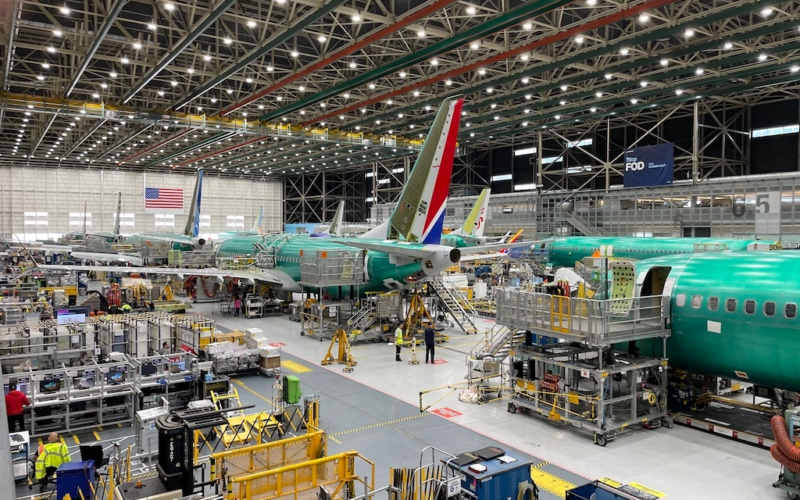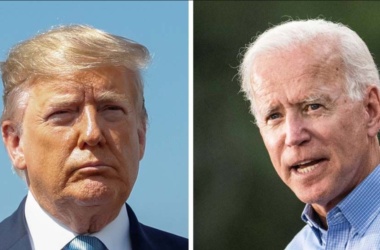The Federal Aviation Administration (FAA) has launched an investigation into the use of counterfeit titanium in parts of Boeing and Airbus jets, raising concerns about the structural integrity of the affected aircraft. The titanium, supplied by a Chinese company, was accompanied by falsified documentation, according to recent reports.
The issue came to light when Spirit AeroSystems, a major supplier for both Boeing and Airbus, discovered the problematic material. Spirit, which provides fuselages for Boeing and wings for Airbus, found small holes caused by corrosion in some of the titanium parts. This prompted the FAA to investigate the scope of the problem and its potential implications for aircraft safety.
Boeing and Airbus have been informed about the procurement of titanium from a distributor who may have provided falsified records. Boeing issued a bulletin to its suppliers, urging vigilance against counterfeit documentation. Despite these issues, initial tests conducted by both manufacturers indicate that the titanium alloy used meets the required specifications.
The titanium in question has been used in various parts of the aircraft, including the passenger and cargo doors of the Boeing 787 Dreamliner, and a component connecting the engine to the airframe in the Boeing 737 Max and Airbus A220. Spirit AeroSystems is currently working to verify the origin of the titanium and assess whether the affected parts need to be replaced.
The titanium issue traces back to 2019 when Turkish Aerospace Industries purchased the material from a Chinese supplier. The titanium was then sold to several companies producing aircraft parts, which eventually reached Spirit. In December 2023, an Italian company, Titanium International Group, noticed discrepancies in the appearance of the titanium and its accompanying documentation, leading to the discovery of the falsification.
The certificates of conformity, which verify the quality and origin of the titanium, were allegedly forged by an employee of the Chinese supplier. The falsified documents claimed the material came from Baoji Titanium Industry, a well-known supplier of verified titanium, which later denied any involvement.
The FAA is assessing the safety implications of the counterfeit titanium and determining the necessary steps to mitigate potential risks. The agency has emphasized the importance of traceability in the supply chain to ensure the integrity of materials used in aircraft manufacturing.
Boeing and Airbus have both stated that they are conducting thorough tests on the affected parts and are committed to removing any problematic components before aircraft delivery. Spirit AeroSystems has also initiated tests on titanium parts in stock and on undelivered fuselages to confirm their suitability for aviation use.
The discovery of counterfeit titanium comes amid heightened scrutiny of Boeing and the aviation industry, following a series of safety issues. In recent months, Boeing has faced investigations into inspection records for the 787 Dreamliner and other safety concerns related to the 737 Max.
Spirit AeroSystems, which has faced quality issues and financial difficulties in recent years, is working closely with its customers to identify and address the affected aircraft. The company has assured that affected planes will be monitored and parts will be replaced during routine maintenance if necessary.
As the investigation continues, the aviation industry is likely to face increased pressure to enhance supply chain transparency and ensure the authenticity of materials used in aircraft production. The FAA’s findings will play a crucial role in determining the next steps to safeguard the safety and reliability of the affected aircraft.
The FAA’s investigation into counterfeit titanium used in Boeing and Airbus jets highlights the challenges of maintaining supply chain integrity in modern aircraft manufacturing. With ongoing efforts to verify the affected parts and ensure their compliance with safety standards, the industry is working to address the potential risks posed by the counterfeit material.








